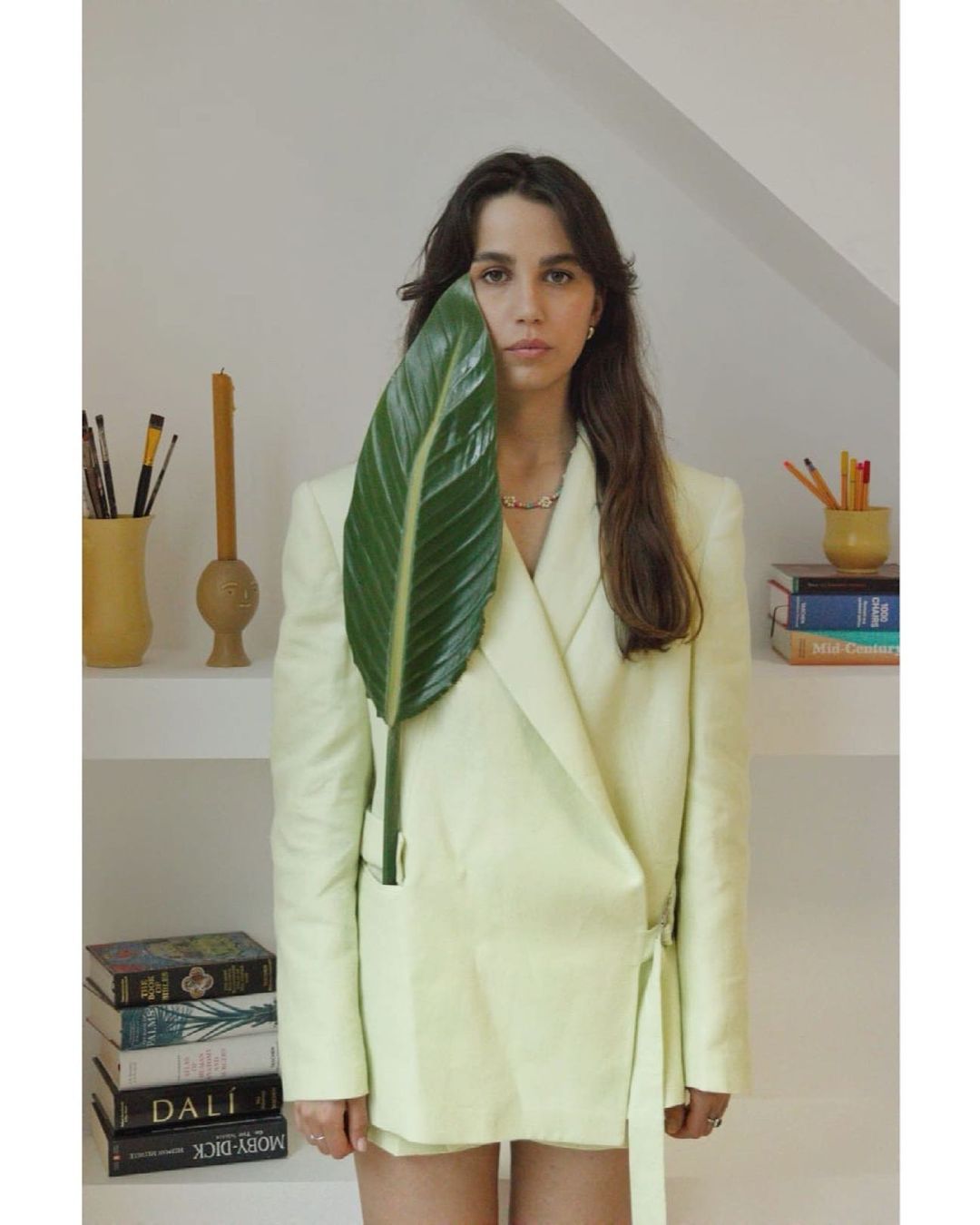
1. OhSevenDays
"We build slow fashion from fast fashion's leftovers!" says OhSevenDays. In reality, it reveals a great deal about the brand's goal. In contrast to quick fashion, OhSevenDays' eco-friendly and sustainable capsule collections say "Hell yes!" to ethical fashion. Megan Mummery started OhSevenDays in a small district of Istanbul, selling waste cut fabric rolls from huge ready-made outfits. It has since evolved into an ethical fashion base.
2. Máh-Roc
Roksan Sarfat, who left the fast fashion business in 2016 to deal with nature, believes that the fashion system is more than just collections and goods. Roksan Sarfat's aim is to care for the environment by converting excess items into one-of-a-kind bags.
3. Sculpture
Sculpture is one of the few labels that successfully portrays ethical Turkish fashion in its designs. By valuing nature and the health of textile producers, Sculpture continues to be both an ethical and sensitive brand by offering things that are as open to criticism as possible with its transparent fashion policy. Sculpture continues to be both an ethical and sensitive brand by prioritizing nature and the health of textile manufacturers. Aiming to offer a new perspective to traditional techniques, the Turkish brand does all of this with a high level of awareness.
4. One Square Meter
When you enter the official page of One Square Meter, the story parts begin with the sentence "slowing down is valuable". In fact, this entry says a lot about the brand's stance and quality. Brand founders Zeynep and Çağrı, who put forward sustainable and nature-friendly collections, conclude their words with the sentence "Slowing down will be good for all of us.”
5. Darwin’s Botanicals
Inspired by the fact that nature does not have waste in its life cycle, the founders of Darwin's Botanicals, who try to adapt this cycle to our daily lives, use the colors we obtain from plants that have reached the end of their life phase, instead of throwing away the flowers, fruits, and leaves, to dye natural fabrics. Unlike synthetic dyes that are produced from petroleum or oil, synthesized in factories, are non-renewable and non-recyclable, these natural dyes aim to contribute to upcycling and cyclical fashion.
Author: Zeynep Gür